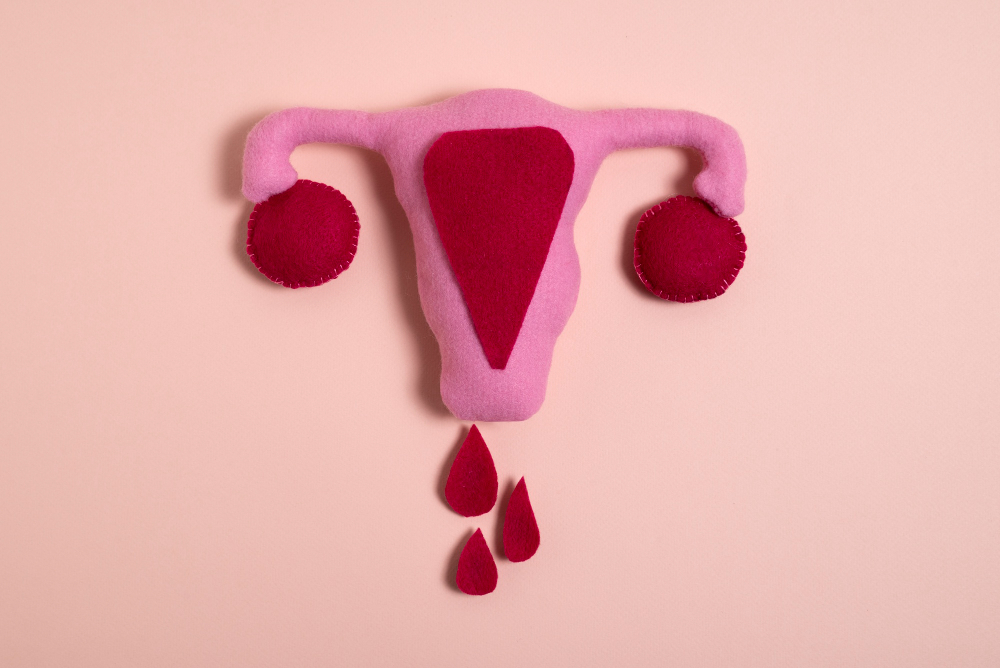Management of Menstrual Problems

Managing menstrual problems begins with a thorough evaluation to identify the root causes and tailor treatment plans accordingly. This process typically involves a detailed medical history, physical examination, and diagnostic tests such as hormonal assays and pelvic ultrasound. These evaluations help pinpoint conditions like hormonal imbalances, structural abnormalities (such as fibroids or polyps), or underlying health issues that may contribute to irregular periods, heavy bleeding, or severe menstrual pain.
Once diagnosed, the management approach varies based on the specific menstrual problem. Hormonal contraceptives, including birth control pills or hormonal IUDs, are often prescribed to regulate menstrual cycles, reduce heavy bleeding, and alleviate symptoms associated with hormonal fluctuations.
For women experiencing significant pain during menstruation, nonsteroidal anti-inflammatory drugs (NSAIDs) can provide relief by reducing inflammation and discomfort.
In cases where conservative treatments prove ineffective or when there are structural issues affecting menstrual health, surgical interventions may be considered. Procedures such as hysteroscopy (to examine the inside of the uterus) or endometrial ablation (to remove the uterine lining) can be effective in treating conditions like fibroids or polyps that contribute to abnormal bleeding or pain.
Alongside medical interventions, lifestyle modifications play a crucial role in managing menstrual problems. Adopting a balanced diet, engaging in regular physical activity, and managing stress effectively can contribute to overall health and help regulate menstrual cycles. Psychological support, including counseling or joining support groups, is also beneficial in helping women cope with the emotional and psychological impact of menstrual irregularities.
Overall, a comprehensive approach to managing menstrual problems aims to improve symptoms, restore regular menstrual cycles, and enhance quality of life. Close collaboration between healthcare providers and patients ensures that treatment plans are personalized and effective in addressing individual needs and concerns. Regular follow-up appointments allow for ongoing monitoring and adjustments to treatment as necessary, ensuring optimal outcomes for women experiencing menstrual health issues.
